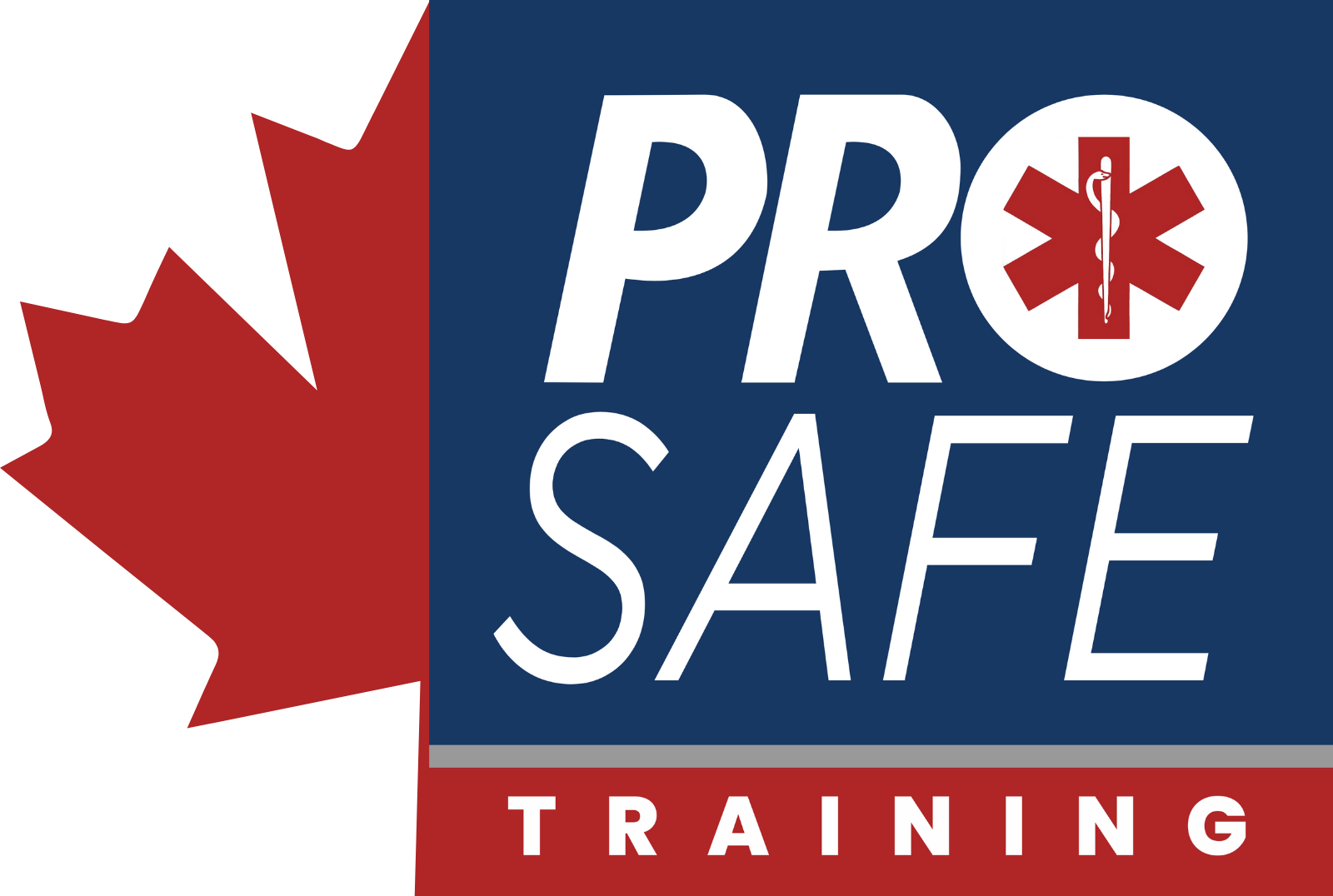Keeping Cool: The Four Step Guide To Preventing Heat-Related Illness

Between beach visits, camping trips, and time spent on patios, it is easy to associate warm summer months with fun activities. What many fail to consider is that this time of year brings with it a set of temperature-related challenges. Without taking the proper measures, each foray into the sun may potentially lead to heart exhaustion or heat stroke. Despite the human body’s ability to cool itself down by sweating, every living person has a threshold. Once this is crossed, the effects can include delirium, organ damage, or even death.
Rather than risking these adverse effects, consider taking the following precautions before stepping outside this Summer:
Drink, Then Drink Again

We are fortunate to live in an area where cool, refreshing, drinkable water emanates from our taps. Take advantage of this fact by keeping yourself as hydrated as possible once the temperatures start to rise. Even if you aren’t feeling thirsty, have a drink, it won’t hurt. Should you plan on venturing into the heat, make sure you pack an ample supply of H2O and strategically place yourself near areas with access to refills.
To further enhance hydration keep sports drinks, fruit juice, or coconut water on hand – they help your body retain moisture and add some much-needed flavor to your liquid routine. If you are reaching for an alcoholic drink, maybe re-consider your choice – they are dehydrating (and may impair your sun-smarts).
Check Your Watch

The hottest time of day generally resides between 11 AM and 3 PM. If you aren’t conditioned for the heat, or have underlying health conditions, it may be best to keep indoors for those few hours. Best practice is to introduce yourself gradually to the sun’s glare. Do this by spending a small amount of time outdoors, and then gradually increase that span as you build tolerance.
Should you be employed in an industry that involves working outdoors, see if it is possible to alter your schedule to reduce sun exposure. Employers should also take note and try to reduce their worker’s time in the sun whenever possible.
Pack (and Dress) Smart

You wouldn’t go camping without a packed bag, would you? Treat your outdoor excursions the same way by keeping a well-stocked ‘sun kit’. This should contain all the essentials – water, snacks, sunscreen, and some type of headwear.
Your intelligent choices shouldn’t stop with what you carry. Remember to dress in comfortable, light, and breathable clothing that will prevent you from overheating. While shorts and tank tops may seem like an obvious choice, it may be better practice to find something that covers your arms, legs, and chest – this reduces your overall exposure to the sun, which can be a life saver for anyone who reacts adversely to the heat.
Safe Eats

Barbeques are one of the activities that define Summertime. Unfortunately, many of the protein-rich foods served at these events increase metabolic heat production, which can add to overall dehydration. While there is no need to ruin your outdoor events by completely omitting these foods, make a mental note to balance salty meats and heavy foods with lighter options such as fruits, salads, and fresh raw foods.
Spice-lovers have cause for celebration, as hot foods will (somewhat counter-intuitively) help cool you down. The chemicals within spicy peppers cause your body to produce sweat, which is nature’s way of regulating your body’s temperature.
Summer is arguably the best time of year to let loose and enjoy the outdoors. Unfortunately, as with everything in life, too much sun exposure can have severely negative health impacts. Keep this guide in mind next time you step outside, and you can be sure to avoid any heat-related illness.
